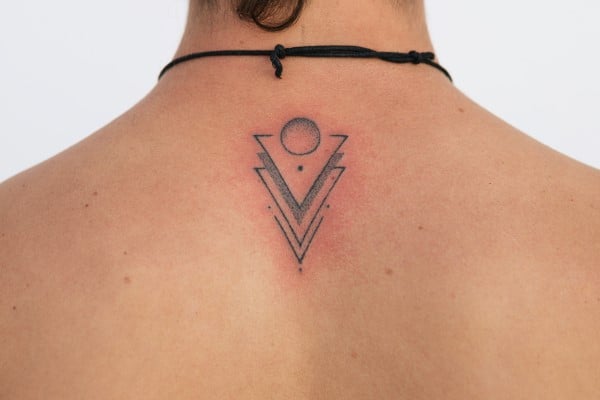Behind the Scenes of ICOM’s Student-Led, Interdisciplinary Mass Casualty Simulation
Behind the Scenes of ICOM’s Student-Led, Interdisciplinary Mass Casualty Simulation
EMIG Spotlight: Idaho College of Osteopathic Medicine
Kevin Halim, M2
President of ICOM Emergency Medicine Club
Mary Pendleton, M3
Idaho College of Osteopathic Medicine
EMRA MSC West Coordinator
At Idaho College of Osteopathic Medicine (ICOM), there are a wide variety of organizations and clubs who participate in a vast selection of specialties and interests. Among those organizations is our own Emergency Medicine Organization, which is one of the largest and most active clubs on campus; this is thanks to the unwavering support from our school to pursue the colossal visions that we have for our club. Not only that, but we are fortunate to have phenomenal faculty (including six emergency medicine physicians) who continuously support our organization in all our endeavors. Throughout our time at ICOM, we have gained invaluable experiences that will help us in our future careers as physicians. Due to the collaborative learning among our peers as well as the mentorship from faculty, it has been an incredibly rewarding and educational experience.
This last year, one of our greatest undertakings was organizing and implementing a Mass Casualty Incident (MCI) Simulation. Building off the immense planning done by our former president, Mohammad Abuakar, we sought to bring his vision even closer to reality in our second annual MCI. While organized by the EM Organization, this was a school-wide event, as we invited ten other clubs on campus to participate in their respective “specialties.” We also collaborated with members of the community, including the Meridian Fire Department, local EMT students, cosmetology students, and high school students. This large-scale event involved multiple different agencies and communities, all with the common goal of learning and trying to better understand the intricacies of health care, particularly pertaining to patient care in a high-stress scenario.
One of the unique things about our MCI was that it was a truly comprehensive and multifactorial experience. After being dispatched, our participants triaged patients, performed primary and secondary assessments, transported to the “hospital,” performed an additional assessment in the hospital, managed and treated patients (including simulations and real actors), and decided on final disposition. Patients were sent to various areas of the hospital depending on their needs. We had a room for suturing and splinting and an area for FAST exams. Various students were assigned as consults from psychiatry, cardiology and neurology. It was truly an immersive experience. By implementing this full-scale MCI experience, students were able to get a better feel for the various complexities associated with working in an actual MCI. We also added “distractor” patients, bystanders, and family members who were utilized to tie up resources and add stress. This not only added more urgency but forced students to use their medical judgment to prioritize care, as would be required in real MCIs.
Another thing that set our MCI apart from others was that this entire event was organized for students. Nearly every aspect was overseen and executed by a committee made up entirely of students from the EM Organization executive board and EM Orginization members. Each of these students dedicated a great deal of time to their roles on the committee, writing cases, coordinating with community members, planning moulage, and much more. Along with participating in the development of the event, the MCI committee was also responsible for making sure the event ran smoothly throughout the simulation day. The dedication, commitment, and professionalism I witnessed among our team members was truly what made this event so successful.
When planning an event of this magnitude, there are many different factors that need to be considered, along with roadblocks that must be overcome. One of the largest components that needs to be managed is time. With the various activities that consume medical students’ time such as coursework, studying, extracurricular events, and general wellness, organization is key to balancing these hectic schedules. One method that worked for us was scheduling regular meetings where we tracked progress and coordinated tasks to be accomplished prior to the next meeting. This allowed responsibilities to be shared among committee members and established clearly defined roles.
Overall, our time spent on planning, organizing, and executing the MCI was deeply beneficial. It provided a great learning opportunity for those involved and will hopefully positively influence our patient care in the clinical years. Furthermore, this allowed us to develop our communication skills, leadership skills and interprofessional skills, as we built relationships within our school and the local community. We look forward to another fun-filled year as we continue to learn and grow as student physicians.
Related Content

Jan 17, 2024
Optimism vs. Realism — Let’s Call it a Tie
As the voice of emergency medicine physicians-in-training and the future of our specialty, EMRA continues to believe that the future of EM is bright while remaining committed to facing reality and addressing our headwinds. I invite you all to join us in this Stockdale Paradox-esque approach.






